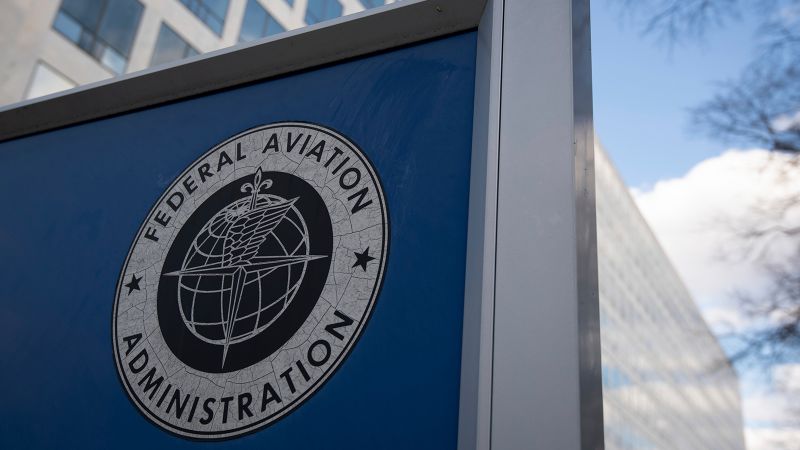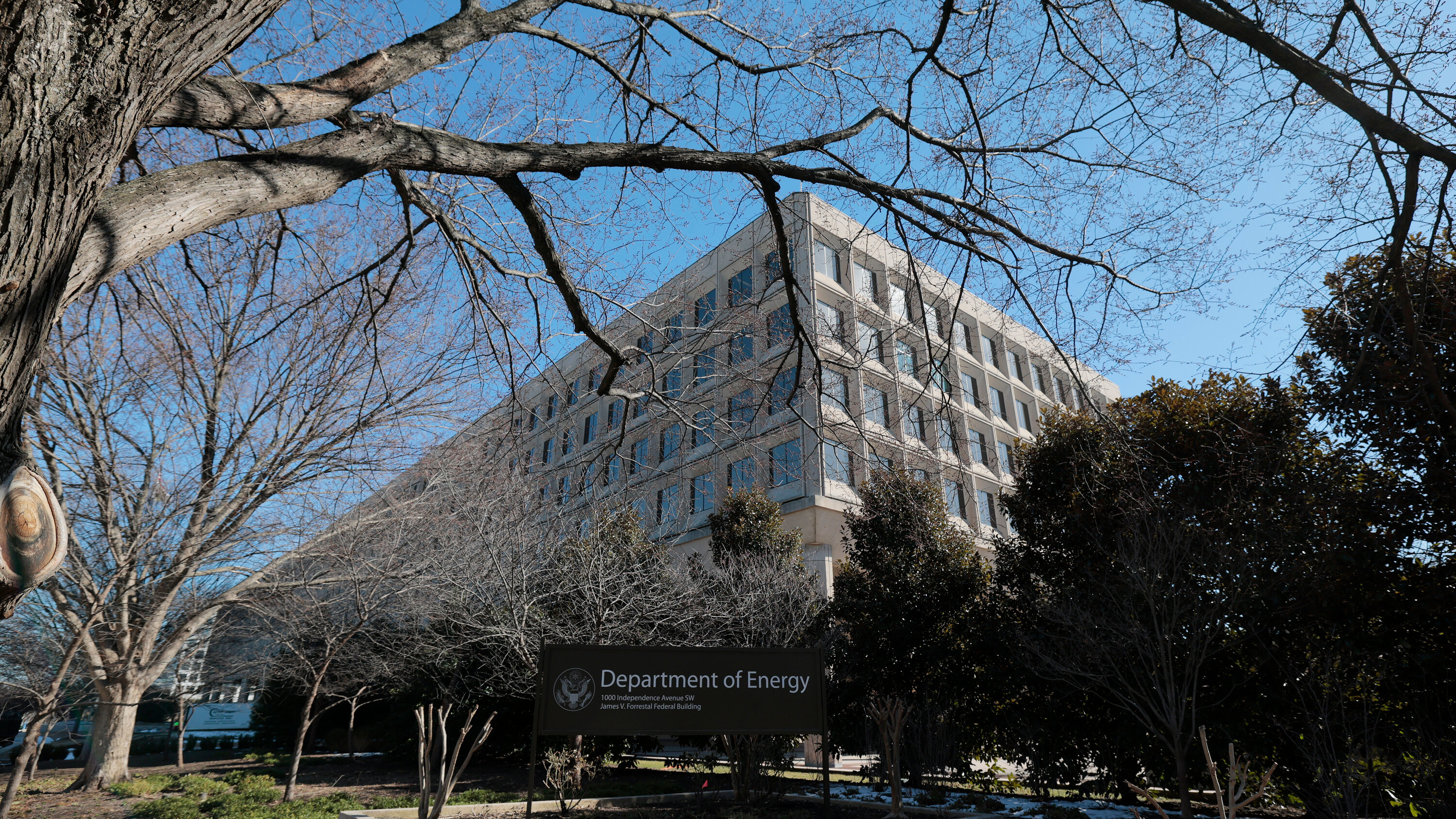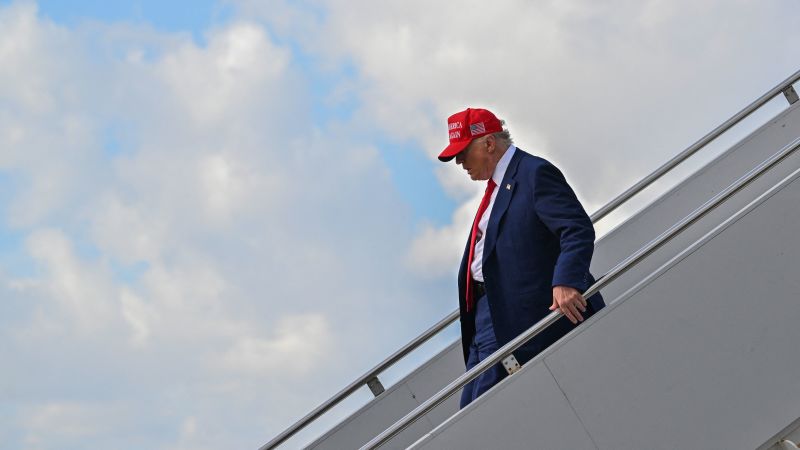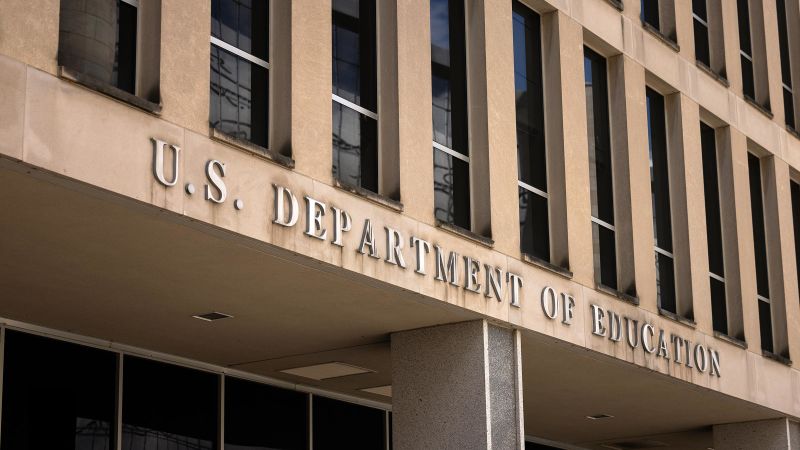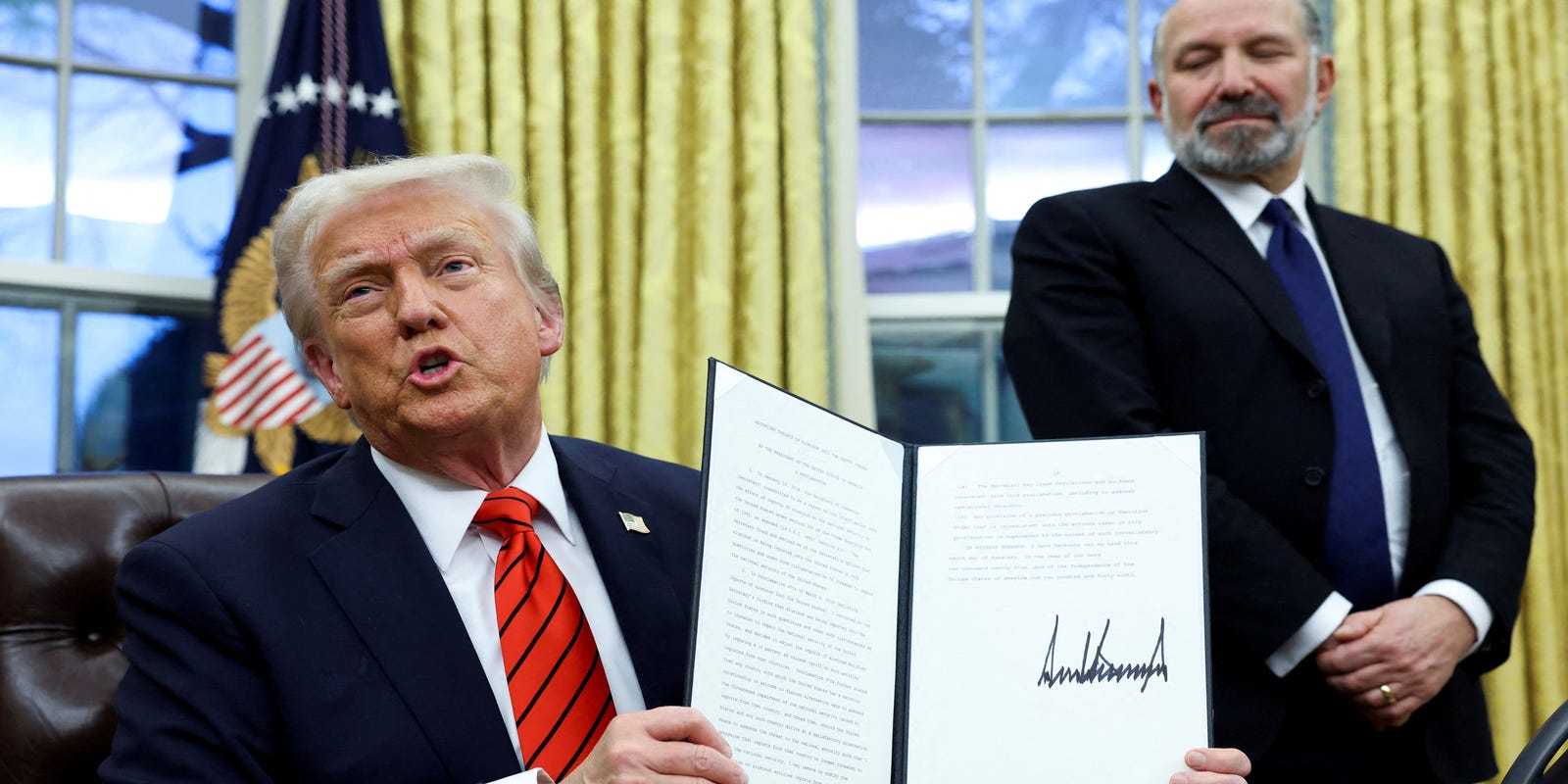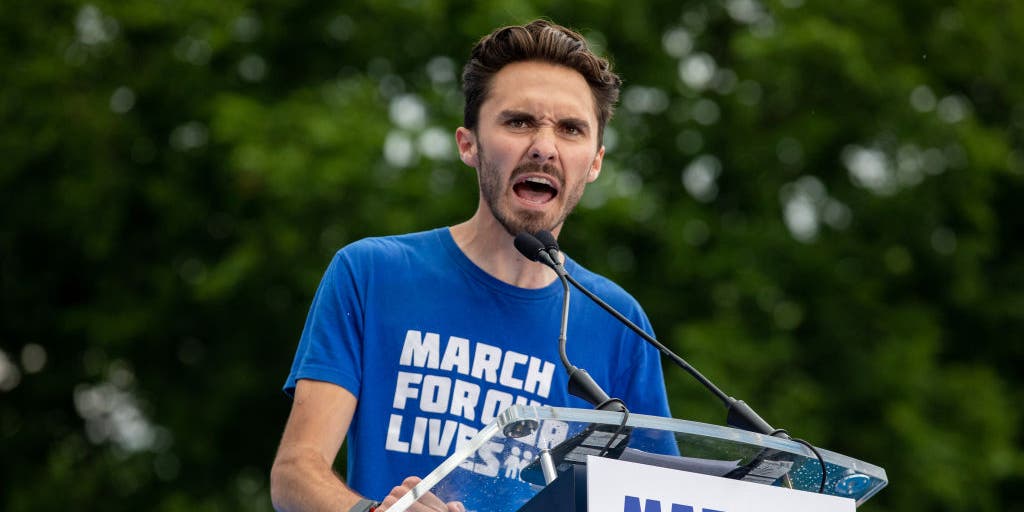
Where's the Political Punch? SNL's 50th Anniversary Special Sidesteps Presidential Satire
Saturday Night Live has built a legendary reputation for presidential parodies over the decades, skewering commanders-in-chief with razor-sharp comedic precision. However, the star-studded SNL50: The Anniversary Special took a surprisingly different approach, largely steering clear of the political satire that has become a hallmark of the show's comedic legacy. The milestone celebration seemed more focused on honoring the show's rich history and iconic cast members, choosing nostalgia and celebration over political commentary. While SNL has traditionally been a platform for merciless presidential impersonations, this anniversary special opted for a more reverential and retrospective tone, highlighting the show's cultural impact beyond its political humor. Fans who expected biting political sketches were instead treated to a trip down memory lane, celebrating the comedic genius that has defined Saturday Night Live for half a century. The special served as a testament to the show's enduring ability to make audiences laugh, regardless of the political landscape.


